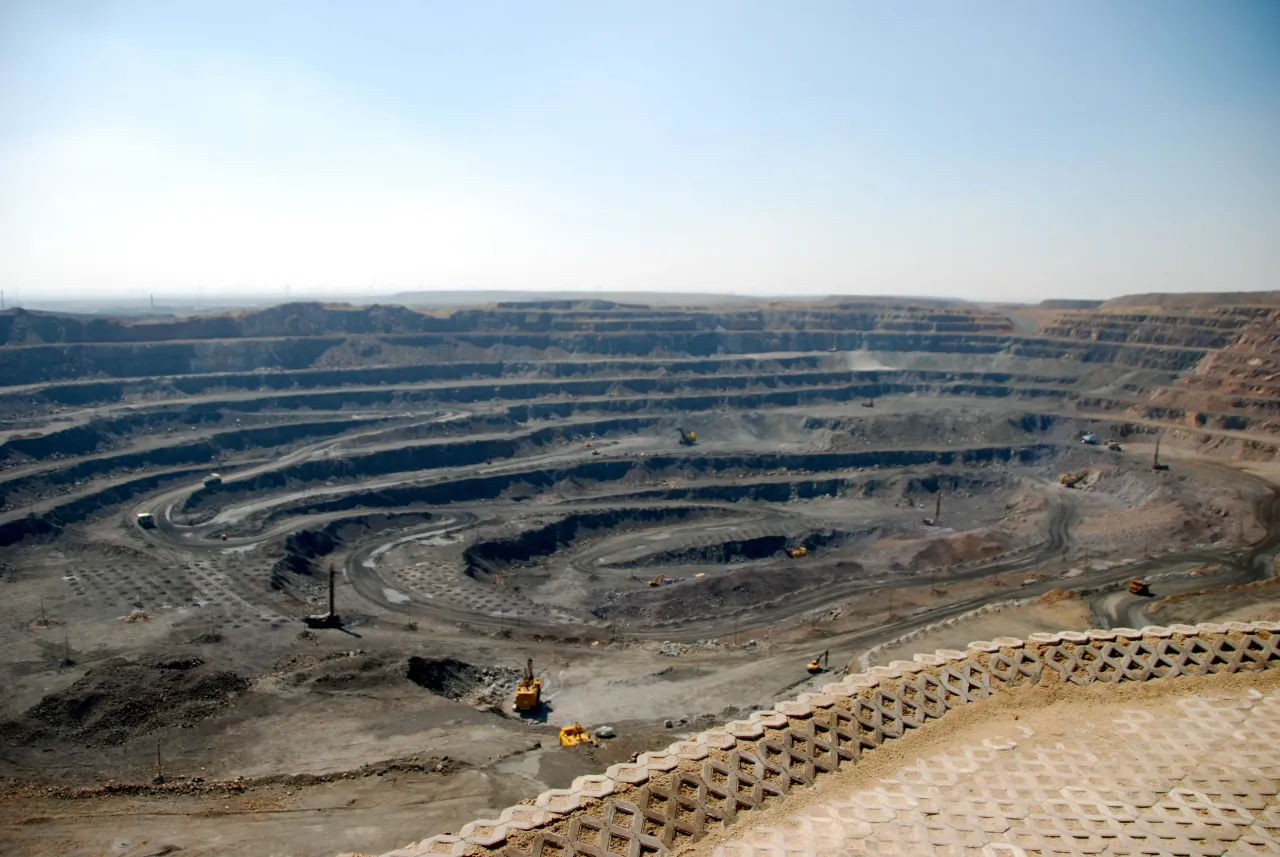Advertisement|Remove ads.
Rare Earth Magnet Push: India Plans ₹1,345 Crore Subsidy Scheme To Boost Production

India is stepping up efforts to build its domestic rare-earth magnet industry, with the government preparing fiscal incentives to reduce dependency on imports, particularly from China.
During the Automotive Component Manufacturers Association’s (ACMA) annual session, Union Heavy Industries and Steel Minister HD Kumaraswamy emphasized the need to shore up vulnerabilities in critical raw material supply chains.
According to the minister, a scheme is in the works to extend support to the industry for both capital and operating expenses, bridge the cost gaps associated with imported magnets, lower tariffs on essential machinery, and ensure a steady supply of rare-earth magnets, which are vital for electric vehicle motors.
New Subsidy Scheme To Drive Production?
A plan under review involves a subsidy scheme worth approximately ₹1,345 crore, aimed at kickstarting magnet production and processing units in India. The government has held inter-ministerial consultations on the plan; once finalized, the proposal will go to the Union Cabinet for approval.
India currently has a very limited capacity to convert rare-earth oxides into finished magnets, despite reportedly significant domestic reserves. With global supply chains feeling squeezed, especially after export restrictions, India is seeking to become more self-reliant.
Reducing Dependency on China
India is reportedly exploring alternative sources of rare earths and has turned to Myanmar as it aims to reduce its dependence on Chinese exports, with current imports at almost 90%.
India is working with the Kachin Independence Army (KIA), a powerful rebel group controlling parts of northeastern Myanmar, to obtain samples of rare-earth ores. The Ministry of Mines has asked both state-run and private firms, including IREL and Midwest Advanced Materials, to participate in the initiative.
In April, China announced export controls on a broad range of rare earths and related magnets as a response to US President Donald Trump’s broader tariffs on goods. The decision disrupted global supply chains that are vital to automakers, aerospace firms, semiconductor manufacturers, and military contractors.
It was only last month when China agreed to lift the curb on rare earth exports to India.
For updates and corrections, email newsroom[at]stocktwits[dot]com.













/filters:format(webp)https://news.stocktwits-cdn.com/Getty_Images_2231423801_jpg_f64bcdbb33.webp)
/filters:format(webp)https://st-everywhere-cms-prod.s3.us-east-1.amazonaws.com/unnamed_jpg_9dff551b50.webp)
/filters:format(webp)https://news.stocktwits-cdn.com/large_Getty_Images_2242062032_jpg_b5e44cfa75.webp)
/filters:format(webp)https://st-everywhere-cms-prod.s3.us-east-1.amazonaws.com/large_Trade_desk_logo_resized_c0229eb2ab.jpg)
/filters:format(webp)https://news.stocktwits-cdn.com/jaiveer_jpg_280ad67f36.webp)
/filters:format(webp)https://news.stocktwits-cdn.com/large_Getty_Images_2230137825_jpg_d14459f501.webp)
/filters:format(webp)https://news.stocktwits-cdn.com/large_Getty_Images_2217651250_jpg_908ef236f4.webp)
/filters:format(webp)https://news.stocktwits-cdn.com/large_Getty_Images_2194622714_jpg_c18475d557.webp)
/filters:format(webp)https://news.stocktwits-cdn.com/Aashika_Suresh_Profile_Picture_jpg_2acd6f446c.webp)